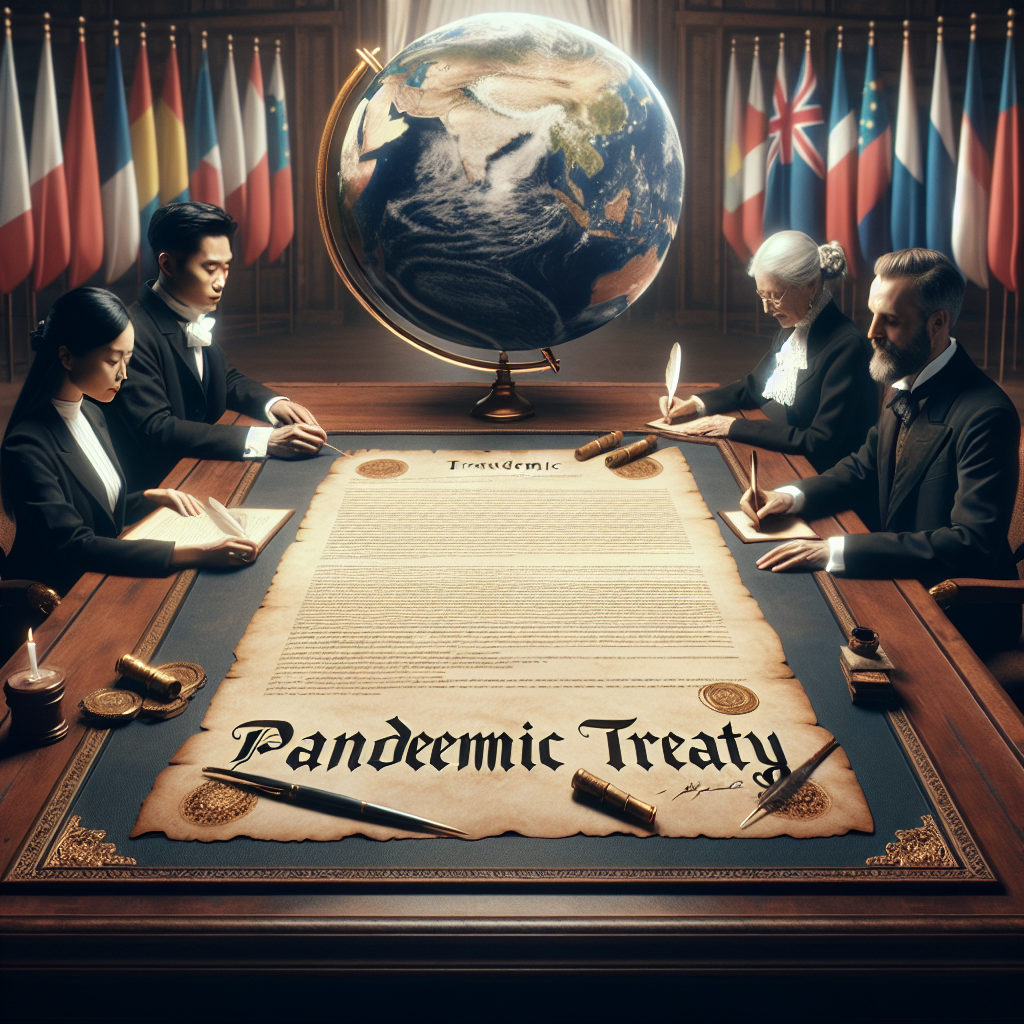Standoff in Busan: The Path to a Global Treaty on Plastic Pollution
A global treaty to tackle plastic pollution reached a stalemate during talks in Busan, South Korea. Over 100 countries support production caps, while oil-rich nations resist these measures. Negotiations have hinged on divisive topics like plastic production limits and funding support, leaving the treaty's future uncertain.

The final day of the U.N. Intergovernmental Negotiating Committee meeting in Busan was marked by a significant divide over a proposed treaty to curb plastic pollution. While over 100 countries advocated for limiting plastic production, a faction of petrochemical-producing nations resisted, focusing solely on managing plastic waste.
As the meeting progressed into late evening, consensus appeared elusive. A proposal by Panama sought to establish global targets to reduce plastic production, garnering widespread support. Yet, opposition from countries like Saudi Arabia underscored the contentious nature of the negotiations, with no agreement in sight as the plenary session dragged on.
Despite the delays, delegates emphasized that the pursuit of a treaty is not entirely bound to Busan's timeline. "We have... a coalition of the willing," noted Mexico's delegation head, indicating potential for continued collaboration. However, the lack of voting in the process remains a sore point for some participants, as the need for a robust, legally-binding treaty grows urgent amid rising plastic pollution levels.
(With inputs from agencies.)










